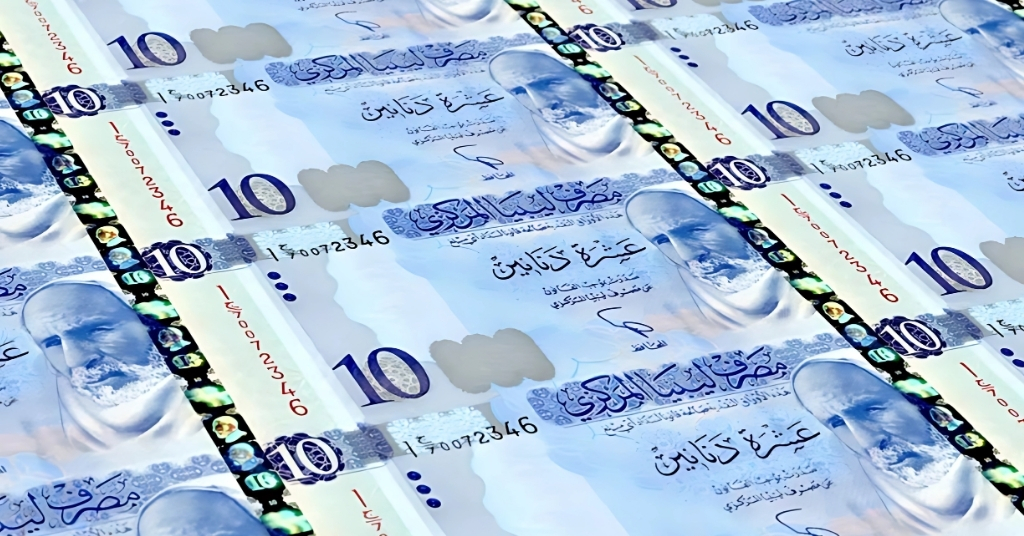
- Home
- »
- About Libya
- »
- Libyan Economy
Libyan Economy
Libya has embarked on a number of economic plans with the aim of diversification of the oil-based economy into other sectors.

Libyan Economy
History of the Libyan Economy
The discovery of hydrocarbons in 1959 transformed the country from an agriculture-based to a modern oil-based economy, one of the most prosperous in Africa. Libya has revived its non-oil economy and has been pursuing cautiously greater private sector participation.
LIBYAN INDUSTRIAL ECONOMY
The hydrocarbon sector contributes 95 percent of hard currency earnings and approximately 30 percent of GDP to the Libyan economy. Agriculture accounts for around 5 percent of GDP and employs about 18 percent of the labor force.
Adverse climatic conditions and poor soil have severely constrained agricultural production, leading to heavy reliance on food imports. The non-oil manufacturing, construction sectors, and processing (mostly agricultural products) sectors have expanded to include petrochemicals, iron, steel, and aluminum.
Libya has initiated several economic plans with the aim of diversifying the oil-based economy into other sectors, including tourism.
- Home
- »
- About Libya
- »
- Libyan Economy
recent insights
© 2024 – Ahmed Ghattour & Co , All rights reserved
